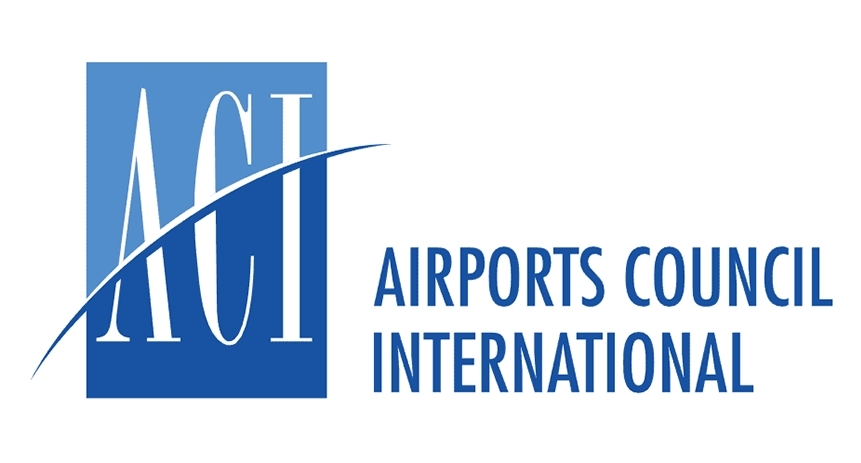ACI World publishes operational practices to assist airports’ Covid-19 response
Airports Council International (ACI) World has published operational practices introduced by airport members from around the world in response to the restrictions and upheaval created by Covid-19.

April 17, 2020: Airports Council International (ACI) World has published operational practices introduced by airport members from around the world in response to the restrictions and upheaval created by Covid-19.
The document ‘Airport Operational Practice Examples for Managing Covid-19’ describes a set of typical measures implemented at major international airports, gathered from across ACI’s membership.
National regulators and health authorities have reacted to the spread of the virus by introducing measures directly affecting aviation and more broadly across society. Most airports are operating at vastly reduced capacity, and almost all have introduced operational measures to deal with the crisis.
These operational examples will assist airports by allowing them to learn from their global peers as they seek to address the local impacts of Covid-19 on their own operations.
“The Covid-19 pandemic has had a devastating impact on airports around the world,” ACI World director general Angela Gittens said.
“For airport operators, the main aims have been to protect the health and welfare of travelers, staff and the public, and to reduce the opportunities for further spread of the virus.
“Airports have had to adapt their practices to respond to the health and safety requirements of dealing with Covid-19 but have also had to reconfigure their operations due to the unprecedented losses in traffic and revenue.”
The publication is intended to provide a number of options and examples that airports can use, rather than being a best practice, so that they can provide the most appropriate local response to this global crisis.
Key subjects covered in the publication include:
- Adaptation of management and planning to respond to Covid-19 impacts
- Staff management measures including education, wellbeing and health monitoring
- Passenger management procedures including the introduction of temperature screening, health declaration, and cleaning and sanitising
- Changes to facilities management including cleaning of staff and public areas such as restaurants
- Provision of protective and cleaning equipment
- Airside operations and safety including risks and operational impacts
- Security measures including passenger and staff security screening, and
- Information technology requirements.


